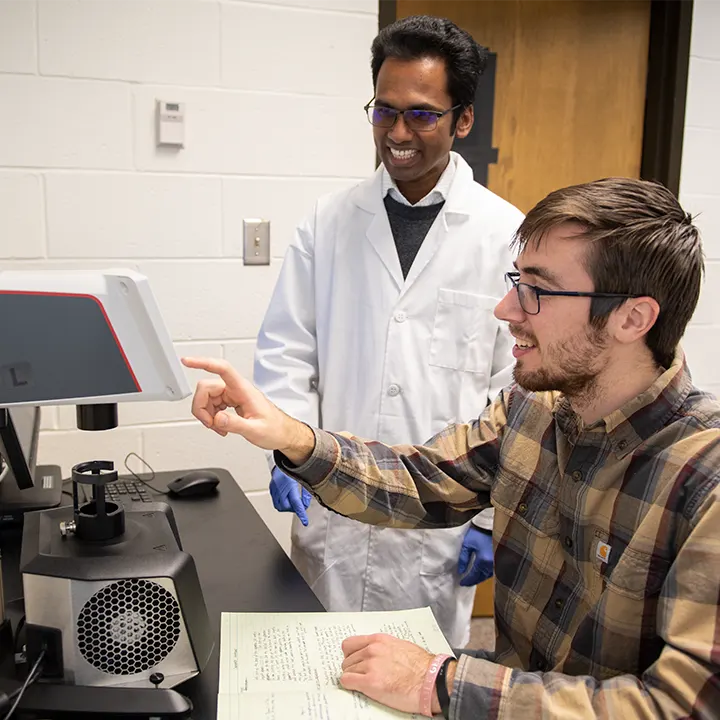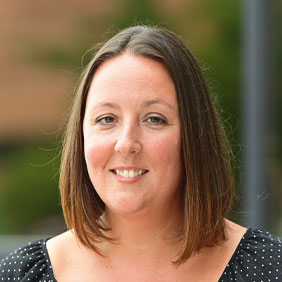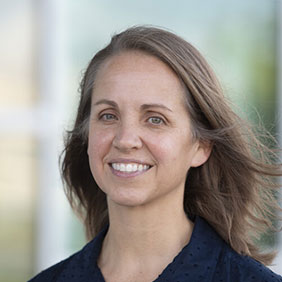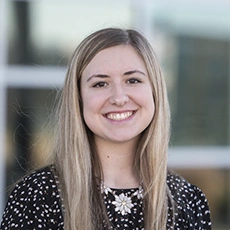About the Premedical Program
Why Prepare for Medical School at Cedarville?
Are you passionate about pursuing a career in medicine? Cedarville University is known for outstanding medical school preparation, and we’re here to help you succeed. As a premed student at Cedarville, you'll develop the academic, personal, and spiritual qualities essential for the demanding medical profession while thriving in a supportive community that cares about your success. Our graduates are serving around the world, demonstrating Christian care, professional competence, and exemplary scholarship.
While most premed students major in biology, molecular biology, or chemistry, you can pursue any major offered at Cedarville. Regardless of your major, you'll complete a core set of courses that meet the entry requirements of U.S. medical schools and prepare you for the MCAT (Medical College Admission Test). You can choose between a BA or BS degree: the BS degree offers a more rigorous focus on the sciences, while the BA allows for a broader range of elective courses outside your major. No matter which path you choose, you'll be well-prepared for medical school and a future of serving with Christlike compassion and professional excellence.
Request Info VisitWhat Sets Cedarville Apart?
-
Biblical Worldview
The Bible is the authority for research and study in every class you'll take. -
Mentoring Christian Faculty
You'll be taught by highly-credentialed professors who want you to succeed. -
Exceptional Facilities
You'll learn and practice your discipline in state-of-the-art facilities.
Program Overview
Program Format and Related Programs
Cedarville offers graduate and undergraduate programs with flexible completion options. You may also want to consider these related programs as you choose the degree or program that is the best fit for you.
Related Programs
Program Level and Format
- Undergraduate
- 4-Year
- Residential

Program Faculty

Kaleb Pauley, PhD
Director, Biological Science Programs, Professor of BiologyContact
- ENS 279
- 937-766-7948

Program News
-

Health Care Meets Mission at GMHC
Cedarville University equips future medical professionals to combine clinical excellence with gospel-centered compassion. Students recently attended the Global Missions Health Conference to explore how their faith and skills can meet global health and spiritual needs. -

Cedarville Equips Students To Advocate for Human Trafficking Victims
Cedarville University will host a human trafficking awareness training on Nov. 10 with Mandy Reed of Dear Dinah. The event equips students in ministry, healthcare and other fields to identify trafficking signs and respond with compassion and practical support.

















